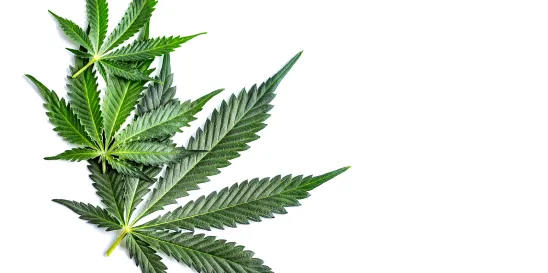In light of the Pennsylvania House Health Subcommittee on Health Care’s hearing on cannabis legalization on Nov. 1—a sign the issue may finally advance under the chamber’s new Democratic majority—it’s time for a new update on SB 846. This week we talk about packing, labeling, and preparation, along with destruction, of cannabis products.
Under SB 846, Pennsylvania cannabis establishments may sell cannabis products, but it's not without conditions. These businesses must ensure that their advertisements neither contain misleading or false information nor promote over-consumption. Moreover, portraying anyone under 21 consuming cannabis is strictly prohibited. Crucially, advertisements must be crafted in a manner that does not target minors. This is important, given recent incidents of young children accidentally consuming cannabis products and being adversely impacted. The same goes for unverified health claims. We see many cannabis or hemp businesses get into trouble with both state and federal law when they make unverified health claims.
Diving deeper into the realm of cannabis-infused products, the Cannabis Regulatory Board (the “Board”) will be tasked with enforcing stringent guidelines. Every product intended for sale must undergo registration. These products are to be packed in child-resistant containers and sealed securely. The labeling requirements are exhaustive, demanding a range of information from product names to THC and CBD content to extraction methods for concentrated items. Additionally, a key feature of the regulations is the mandatory inclusion of warnings about the potential risks of consumption. Emphasis has also been placed on the clarity of labeling for multi-serving products, ensuring individual servings are clearly delineated.
On the regulatory front, the Board wields considerable power in overseeing the entire lifecycle of cannabis-infused products. Only specific, Board-approved agents from cultivation centers can prepare these products for sale. The guidelines are also strict about the destruction of cannabis products. Any cannabis product that is not designated for distribution must be destroyed, strictly adhering to Board guidelines. This destruction process is not just about disposal; Pennsylvania cannabis businesses are required to document these activities meticulously and notify relevant authorities in a timely manner.
Local governments play a pivotal role in shaping the cannabis landscape, as well. They have the power to enact zoning ordinances specific to cannabis businesses and implement rules that align with state regulations. They can even decide on policies related to on-site consumption at dispensing organizations. However, one significant limitation is that they cannot outright ban cannabis businesses from operating within their jurisdiction. This is a departure from New Jersey’s opt-in model that allowed municipalities to choose to permit dispensaries within their borders.
As we look ahead, the Board will be tasked with the challenge of formulating and implementing these regulations within 180 days of the effective date. However, a delay in this process won't impede cannabis businesses from operating. In essence, as the cannabis industry continues to flourish, these guidelines and regulations are instrumental in ensuring safety, quality, and trust. It's imperative for all stakeholders, from producers to consumers, to acquaint themselves with the forthcoming cannabis laws in Pennsylvania.



 />i
/>i

